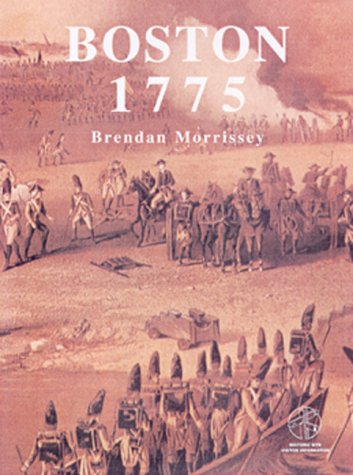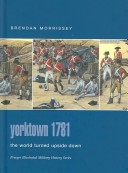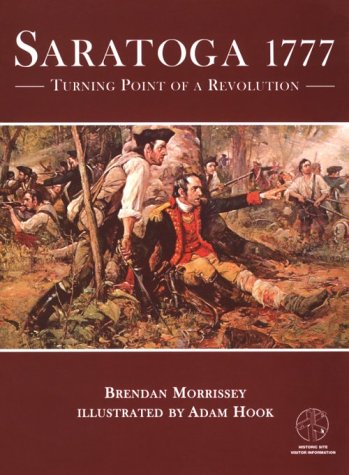Osprey Military Campaign S.
3 primary works
Book 37
Book 47
By 1781 Britain's struggle to contain the rebels in her American colonies had reached an inglorious stalemate. After six years of inconclusive action, George Washington's rebuilt Continental Army marched on Yorktown - with support from the French - and defeated the British forces led by General Cornwallis. Their triumph led directly to the Treaty of Paris and the birth of the United States as an independent nation.
By 1781 Britain's struggle to contain the rebels in her American colonies had reached an inglorious stalemate. After six years of inconclusive action, George Washington's rebuilt Continental Army marched on Yorktown - with support from the French. The siege of Yorktown began in late September and ended in mid-October when Cornwallis surrendered. Although the British officers captured were allowed to sail home, the rank and file marched off into captivity. The Franco-American victory at Yorktown ended Britain's chances of winning the war. Their triumph led directly to the Treaty of Paris and the birth of the United States as an independent nation.
Book 67


